By Vox Civis
Thanks to its wily politicians, Sri Lanka has never been short of entertainment on its political stage. In fact, politics here has long been less about governance and more about theatre. For decades, governments have perfected the art of duping the masses into believing whatever narrative that is cooked up at a given time. The aim has almost always been the same: to divert attention from more pressing and controversial issues; issues that they fought tooth and nail while in opposition but see no harm while in government. This duplicity if not camouflaged in patriotic garb inevitably leads to political unease, instability, and possibly upheaval.
The Rajapaksas have long been the undisputed masters of this craft. They, for years, curated the national news agenda with precision; releasing stories, half-truths, and outright fabrications at just the right moment to distract the public and camouflage the real issues. They understood the psychology of a weary nation. Give the public a spectacle, feed them a story that stirs their emotions, and they will take their eyes off the fire quietly burning under their feet.
To be fair, the other side of the political divide comprising the Wickremesinghe-led UNP and the Premadasa-led SJB have almost always chosen to take the difficult path by stripping off the sugar coating and telling it like it is. It is to their credit that for the most part, they have chosen to be upfront with reality and the truth even if unpalatable, refusing to indulge in fairy tales or populist theatrics. The price paid for being that is an altogether different story but suffice it to say that the reward thus far has been political exile. Truth, in Sri Lankan politics, is not a currency that wins elections. Lies do, as history has amply shown.
Ongoing masterclass
If one needs proof that fairy tales and deceit win elections, one need look no further than the current National People’s Power (NPP) government. In less than a year, the NPP regime has managed to eclipse even the seasoned Rajapaksas in the art of political distraction. Their strategy has been simple yet effective: go back on every single election promise while simultaneously staging elaborate dramas to divert the public’s gaze. It has thus far been a masterclass in manipulation, one that has left the opposition scrambling and the public demanding encores.
Take, for instance, the recent presentation of the Electricity Draft Bill. During the last election campaign, it was none other than the NPP that vehemently opposed the then Wickremesinghe government’s proposals to restructure and break up the Ceylon Electricity Board (CEB). They thundered against it, accusing Wickremesinghe of selling out a critical national asset. Yet, once in power, the NPP does not appear to have any qualms in doing the exact same thing of breaking up the CEB into four separate entities, thus setting the stage for eventual privatisation.
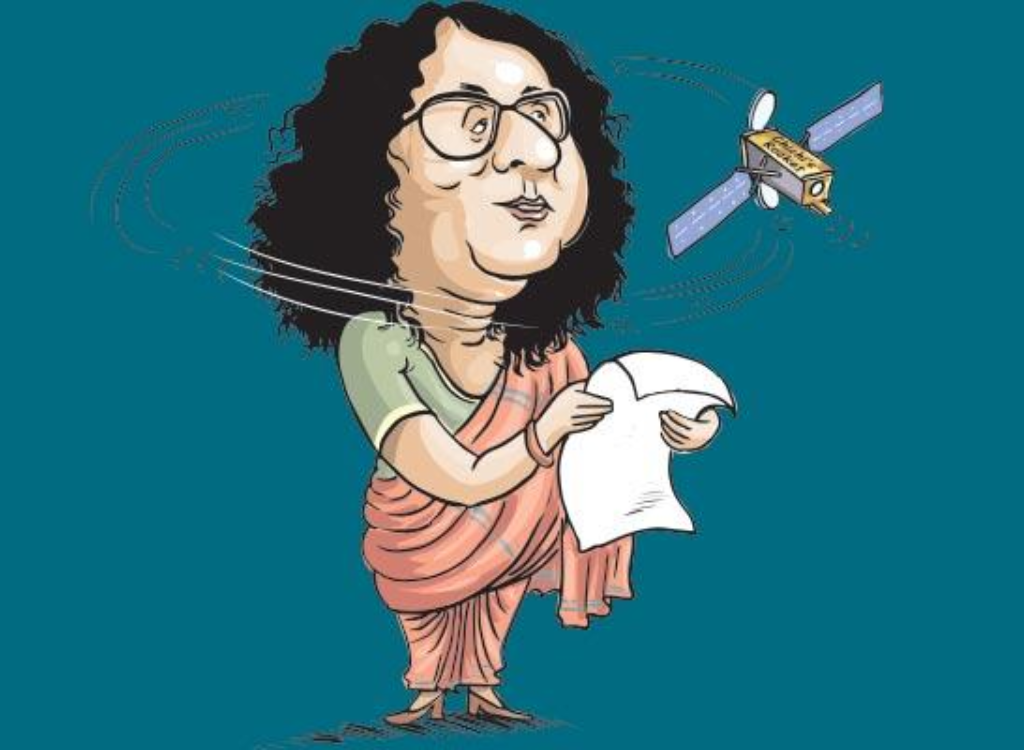
So how did the NPP manage to pull off such a brazen U-turn? The answer lies in diversion. At precisely the same time the Bill was introduced, the government revived the old Rajapaksa-era ‘rocket story’ that had been long forgotten. Suddenly, the media and the public were preoccupied with rocket talk and the Prime Minister herself vindicating the venture. In the meantime, in the background, dismantling of the CEB slipped past with minimal scrutiny.
Unfortunately, the Opposition too fell for the bait and failed to call the bluff: a sleight of hand worthy of a magician – show the audience the right hand while the left hand quietly steals the watch.
Drama galore
When the actual process of carving up and selling the CEB commenced through the creation of independent companies, gazette notifications and bureaucratic manoeuvres, the regime resorted to its follow up act.
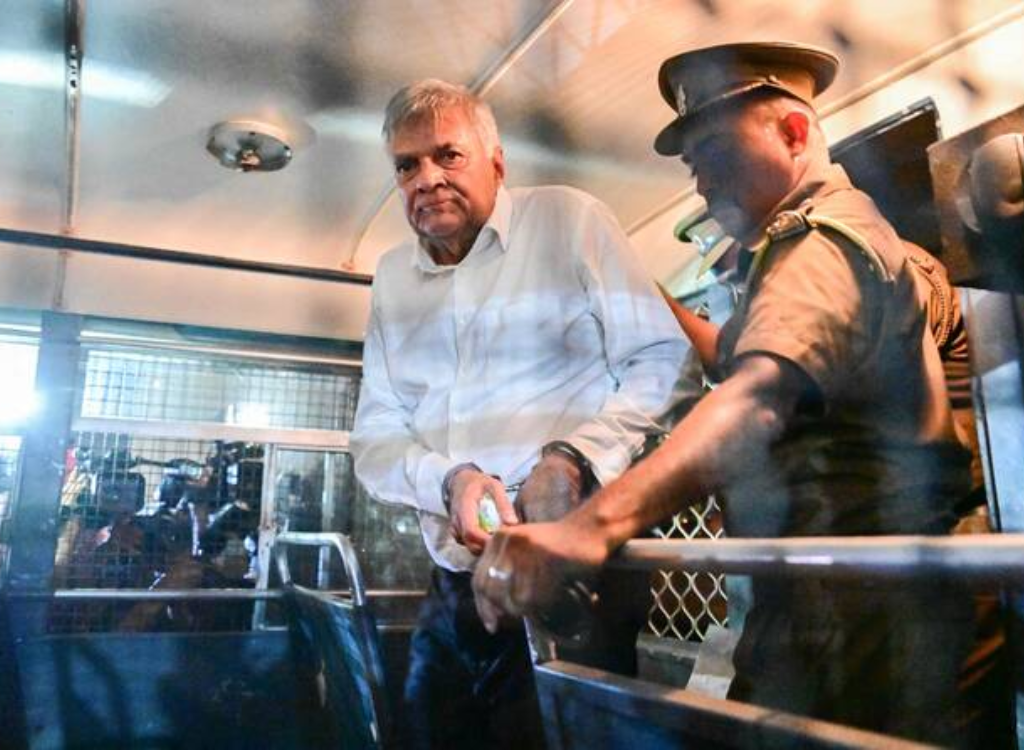
This time, the diversionary tactic came in the form of Ranil Wickremesinghe’s arrest, timed precisely to coincide with the reform package. With Wickremesinghe in the spotlight, government accountability for its privatization agenda simply went through the window – while the people were engrossed in the Ranil saga, the asset stripping mechanism was forging ahead unhindered.
At about the same time the pattern repeated itself, this time with the police. In a move that reeked of Rajapaksa-style authoritarianism, the Independent Police Commission was stripped of its powers to appoint OICs and those powers handed over to the IGP. What does this mean in practice? It means that just like in the bad old days when politicians would march in to police stations and occupy the OIC’s chair, aspiring OICs must once again do the dirty laundry of the political hierarchy if they wish to get anywhere. Merit and integrity have been thrown out the window while the spotlight was on the underworld drama. The message is both blunt and chilling: if you do not play ball with the regime, you will not play at all.
Selling the Family Silver
The fire sale of state assets follows the same formula. Thirty-three institutions are being shut down or sold off, quietly, steadily, relentlessly. And once again, the people are distracted. This time with the “ice” drama. After the initial euphoria upon discovery of a ‘ice’ factory in Nuwara Eliya and subsequently at another location where ingredients for the drug had allegedly been imported in two shipping containers and buried underground, not much has been heard of it after the opposition demanded to know how the containers ended up where they were discovered and as to who had signed off on the documentation. The silence since has been deafening.
What is perhaps most astonishing is how many of those who once prided themselves on vigilance and ideology have been silenced. Leftists, who once railed against privatisation, now seem dazzled by the theatrics. Hardline ideologues, who once warned of capitalist traps, now find themselves parroting the government’s excuses.
And what of the trade unions? Once the loudest and most fearless opponents of privatisation, they now stand gagged, bound, and powerless. Leaders who once thundered in the streets against the selling of national assets are today reduced to silent spectators, a tragicomic sight if ever there was one.
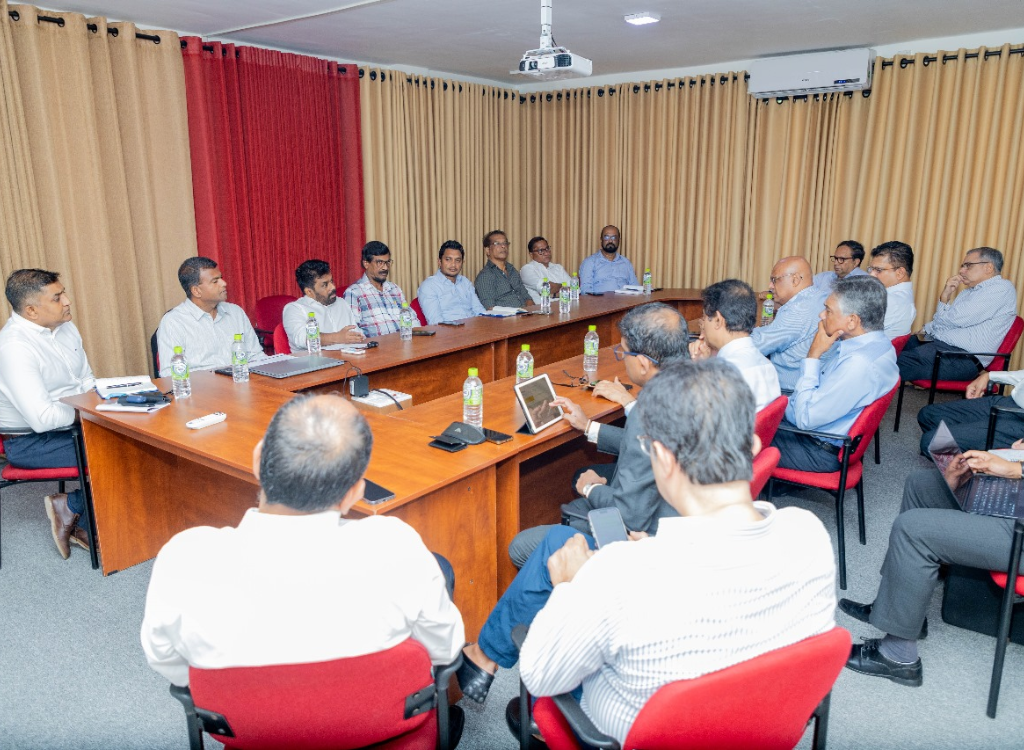
The betrayal is staggering. For years, Sri Lanka has been plagued by leaders who say one thing and do the opposite. Today, the NPP has joined that ignoble tradition; deceiving, double-dealing, and betraying without hesitation. Each diversion is carefully timed. Each spectacle carefully curated. And in this way, the government appears to be marching forward to the tune of the IMF and Capitalist West without so much as a second thought.
While the dramas unfold, the economic realities paint a sobering picture. The Ministry of Finance projects that Sri Lanka’s economic growth in 2025 will be just over 3%. At a recent session of the Parliamentary Committee on Public Finance (COPF), officials revealed that government revenue for the first half of the year was Rs. 2,318 billion, slightly above the Rs. 2,241 billion target, thanks largely to Customs and Inland Revenue collections. But beneath this veneer of stability, inefficiencies and structural weaknesses remain with an ongoing debate on conflicting forecasts between the Central Bank and the Finance Ministry.
A sobering comparison
Economic analysts point out that when Ranil Wickremesinghe left office, Sri Lanka’s growth rate was hovering around 5%. Whatever the man’s flaws – and there are many – it is universally accepted that he managed to resurrect an economy teetering on collapse. Today, under the NPP, the GDP growth rate appears to be slipping while political drama is on the ascent. The stagnating growth rate is a warning and not merely a statistic. It tells us that beneath the fireworks and the theatre, the economy is not where it should be if Sri Lanka is to repay its loans in 2027. The government’s theatrics cannot mask that reality.
When governments rely on lies and drama rather than truth and competence, they erode the public’s ability to trust. And when trust is gone, what remains is cynicism, apathy, and despair. Sri Lanka has been there and done that multiple times. The youth continuing to seek greener pastures abroad in their thousands is the clearest indication that things at the grassroots are not what it is shown to be.
The government may believe it can govern indefinitely by theatre. But theatre cannot build infrastructure, create jobs or feed the hungry. Eventually, reality always catches up.



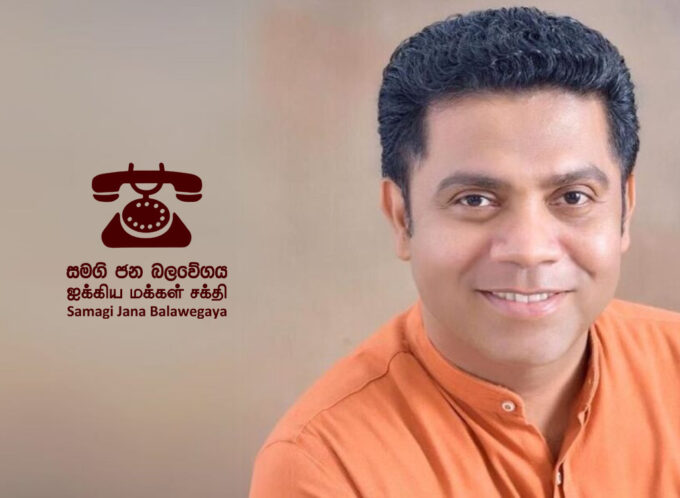
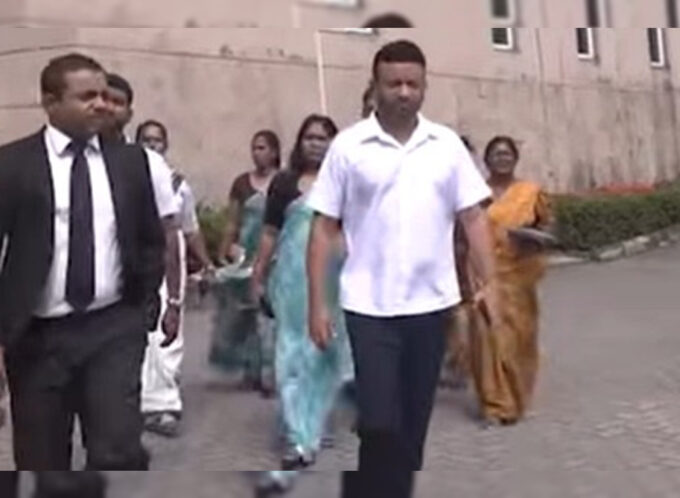
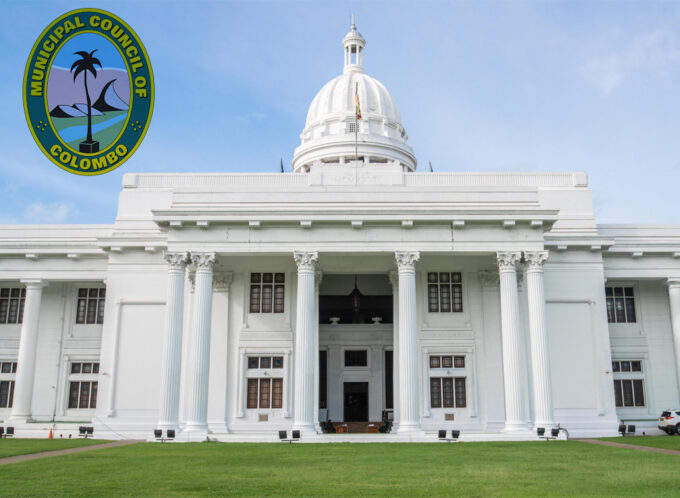
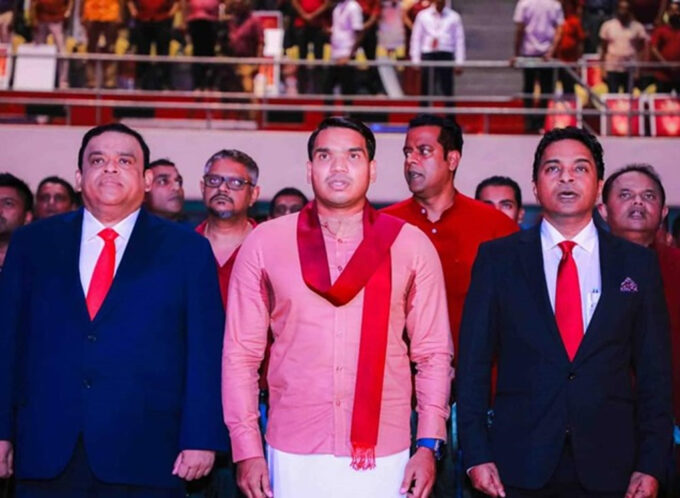




Leave a comment